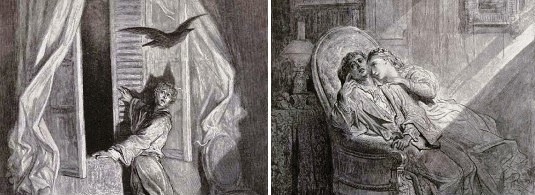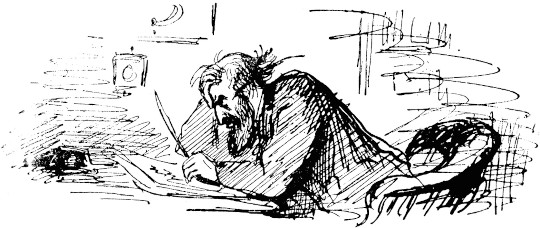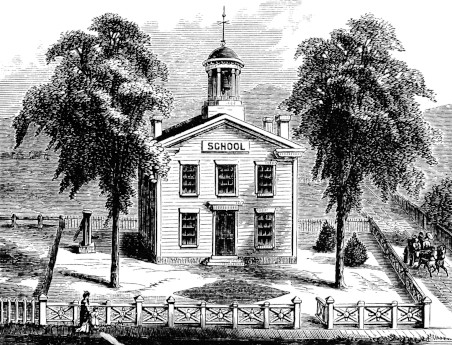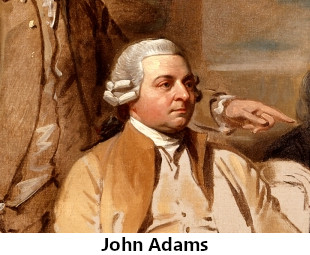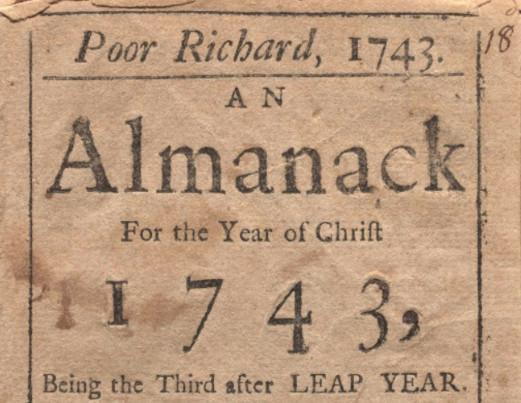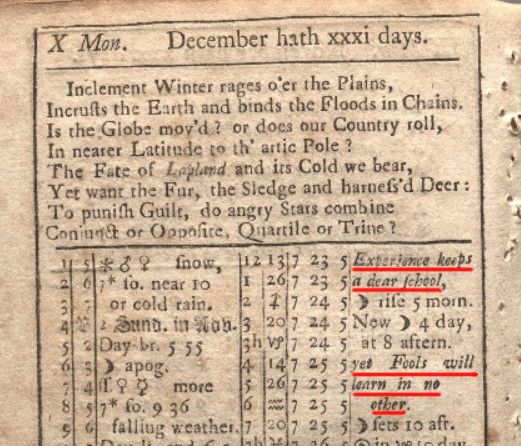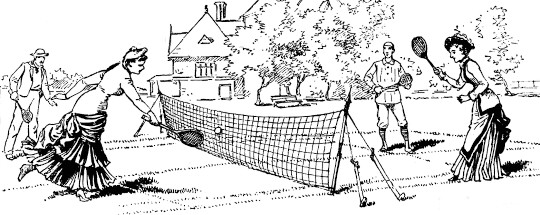H. L. Mencken? Martin Luther King Jr.? Apocryphal?
Question for Quote Investigator: The U.S. satirist and curmudgeon H. L. Mencken apparently employed the following saying. Here are two versions:
The trouble with communism are the communists.
The trouble with communism is the communists.
If this remark is authentic would you please help me to find a citation?
Reply from Quote Investigator: In August 1946 “LIFE” magazine published an interview with H. L. Mencken whose popularity had suffered because of his relentless hostility to Franklin D. Roosevelt. Mencken stated that he found the idea of communism attractive. Boldface added to excerpts by QI:1
Mr. Mencken puffed meditatively on his cigar. “We might as well discuss Communism, too,” he said. “As an idea it is anything but bad. I can easily imagine a civilization purged of the profit motive. In fact, I am pretty well purged of it myself. Private property, after a certain low point, becomes a mere nuisance.”
Nevertheless, Mencken distrusted the advocates of communism and labeled them hypocrites:2
The trouble with Communism is the Communists, just as the trouble with Christianity is the Christians. They really do not believe in it and hence are hypocrites. All of them pant for money and hope to collar it by changing the rules. This fundamental false pretense colors their whole propaganda. They have no more sense of honor than so many congressmen and engage constantly in wholesale lying.
Below are additional selected citations in chronological order.
Continue reading “Quote Origin: The Trouble with Communism is the Communists, Just as the Trouble with Christianity is the Christians”